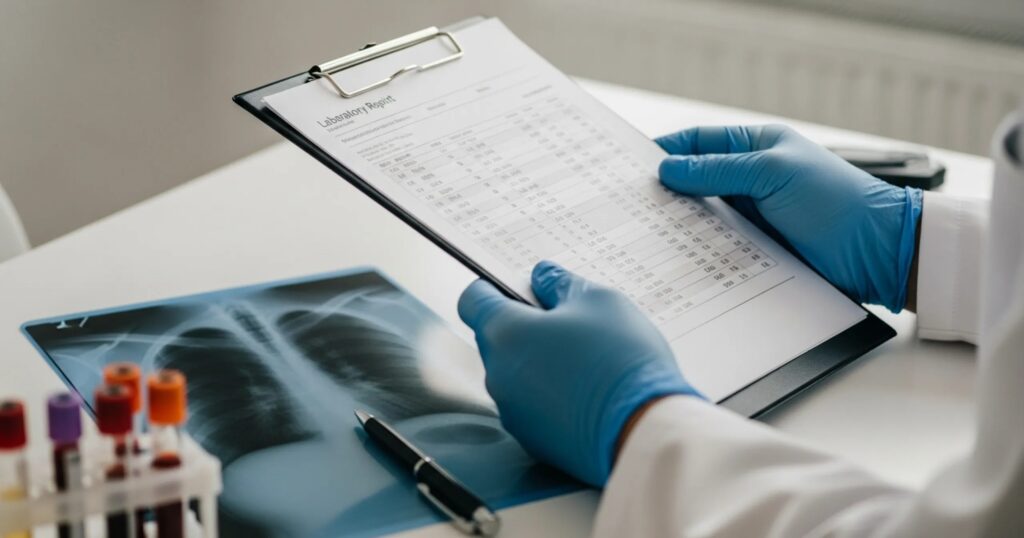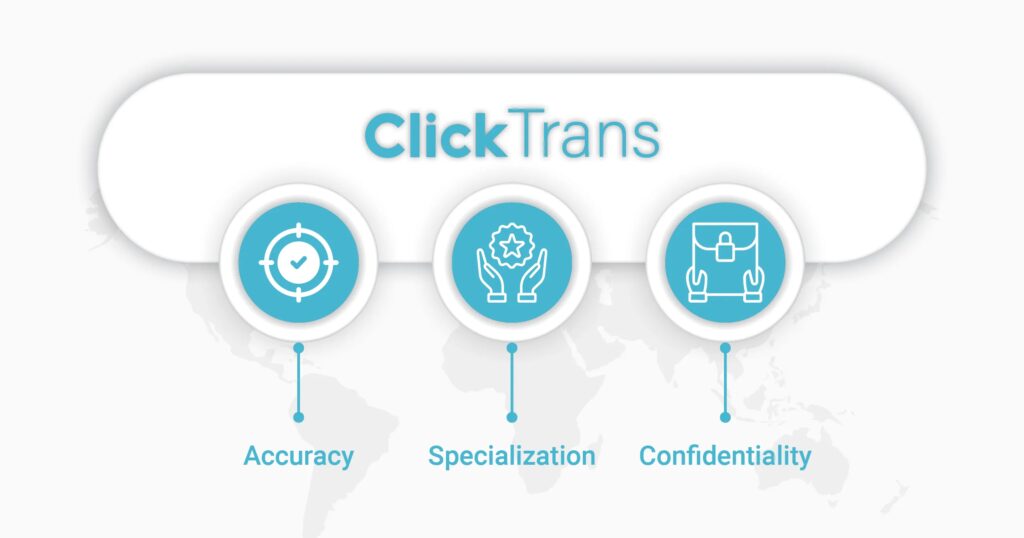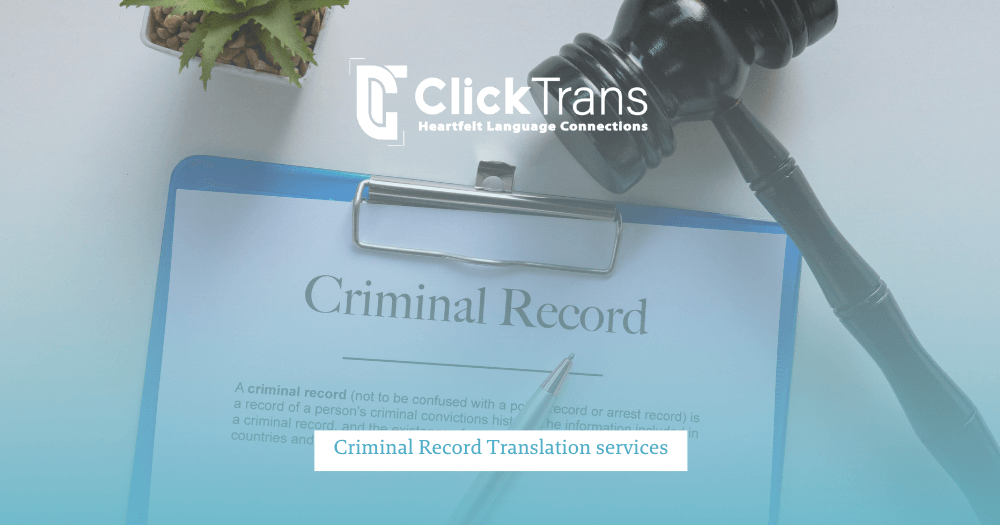Table of Contents
Medical report translation English to Arabic is an essential service for Arabic-speaking patients who receive their health documents in English. Many people often search for ways to translate medical report from English to Arabic accurately, as any mistake can affect their health decisions.
Medical reports are a vital part of a patient’s journey — from diagnosis, through treatment, and follow-up — and they must be clearly understood to ensure the best medical care. In this article, we will discuss.
Why Accurate Medical Report Translation English to Arabic Is Crucial for Your Health
Many patients encounter doctors who speak unfamiliar languages or receive medical reports in a foreign language, including Arabic speakers. Accurate translation of medical reports from English to Arabic is essential to prevent misunderstandings and ensure clear communication between patients and healthcare providers (World Health Organization, 2023).
This accuracy helps patients better understand their health status, make informed decisions, and actively participate in their treatment plans. Clear translations also enable effective dialogue with doctors, ensuring everyone is aligned on the diagnosis and treatment approach.
Moreover, accurate translations provide psychological reassurance, fostering patient confidence and security. This emotional comfort encourages patients to adhere more strictly to their treatment plans, ultimately improving their overall health outcomes (Mayo Clinic, 2023).
Key Challenges to Translate Medical Reports from English to Arabic: How to Handle Complex Medical Terminology
Translating medical terms from English to Arabic involves several challenges due to linguistic, contextual and cultural differences. These challenges can impact patient safety, communication, and the accuracy of the translation, especially when professionals need to translate medical report from English to Arabic for Arabic-speaking patients or healthcare providers.
One key challenge that faces translators while translating medical reports is the fact that many English medical terms originate from Latin or Greek roots, and Arabic may not have direct equivalents for them.
This can be handled by transliterating the term (as the case with Aspirin) or using explanatory translation (as the case with angioplasty). We can also refer to the commonly accepted medical dictionaries or glossaries, but sometimes the help of a bilingual medical professional is need to make sure that we use the right translation.
Another significant challenge is the ambiguity of medical terminology as many medical terms in English have different meanings according to the context. For example, the word lesion, can be used to indicate a wound, a tumor, or an area of abnormal tissue.
The translator needs to be aware of the context and select the accurate term in Arabic to avoid any misunderstanding or medical errors.
Cultural sensitivity also poses another challenge while translating medical texts as many Arabic-speakers hold negative perception toward certain topics, such as euthanasia and organ donation.
In this case, translators need to find ways to convey the message respectfully and clearly by choosing Arabic terms that are both medically accurate and culturally appropriate.
How to Translate Medical Report from English to Arabic Accurately and Professionally
It is essential for translators to have deep knowledge of both the source and target languages to be able to provide clear and accurate translation for medical reports. They also need to have extensive knowledge of the Arabic medical terms and their clinical variations, as well as the English medical terms and their linguistic structures.
This can be achieved by participation in specialized training courses in English to Arabic medical translation, which enhances their ability to convey technical concepts accurately and understand the scientific meaning behind each phrase.
Maintaining patient privacy is another skill that medical translators must possess as they deal with personal and sensitive information related to the patient’s health, medical history, psychological state, and sometimes details about their private life.
This information is confidential in nature and may not be disclosed or shared without the permission of the patient or the relevant medical authority. Therefore, translators must exercise the utmost caution and confidentiality, just as doctors and healthcare professionals do.
This includes not sharing reports with any third party, storing them insecurely, or discussing their content outside of work. It is also preferable for the translator to be familiar with applicable laws governing the protection of medical data.
On the other hand, translation of medical reports from English to Arabic go through a process that included key and significant steps. It begins with reviewing the original medical document to understand its overall structure and type (medical records, laboratory reports, clinical texts), followed by translating the contents using the needed resources, such as assisted translation tools (CAT tools) and translation memory (TM).
After that, the document is reviewed by a reviewer expert in English to Arabic medical translation to make sure the translation is consistent with the medical content and that the terminology is precise with a focus on correcting grammatical and spelling errors.
Types of Medical Reports that Need Translation
Medical reports that may require translation vary greatly, as they include all documents that record a patient’s health information or document the course of treatment and diagnosis. Here is a list of the most important ones:
Patient Records: They include medical and treatment history, clinical examination findings, and daily hospital notes.
Discharge Summaries: They summarize the patient’s hospital stay, including the diagnosis, procedures performed, and recommendations for follow-up after discharge.
Laboratory and Imaging reports: Such as X-rays, MRIs, and CT scans.
Specialized Clinic Reports: Such as cardiac surgery, neurosurgery, oncology, and radiation chemistry reports. These reports are considered highly specialized documents and contain very technical terminology.
Consent Forms, Clinical Trial Documents and Health Insurance Reports: These documents are characterized by their legal and procedural nature.
Tips for understanding your translated medical reports
Each medical report has its own structure depending on its type (see above). You need at first to familiarize yourself with the specific structure of the report in hand.
It usually consists of sequential sections that include medical history, laboratory or imaging tests, diagnosis, and treatment plan or recommendations. When you first read the report, don’t rush to read the details. Instead, practice identifying the section headings and how they relate to each other. This will help you form a general framework for understanding the detailed information that follows.
For example, when reading blood or urine test results, look at the reference ranges that are usually included with the report and focus on deviations.
However, if you have diagnostic images, such as X-rays or electrocardiograms, read the specialist’s explanatory comments which are usually provided at the end of the written report. If you find it difficult to understand the content, don’t hesitate to ask your doctor or radiologist about any points that seem unclear.
How to Choose a Reliable Medical Translation Service for Accurate and Trustworthy Results
Choosing a reliable English to Arabic translation service for medical reports that can be trusted to deliver accurate and reliable results requires focusing on several key elements, as well as following practical tips to ensure you make the right decision. Here is a comprehensive guide to help you with this process:
-
Accuracy
Medical translation requires a high degree of accuracy because any error can affect a patient’s health or medical care decisions. Choose a service that can deliver error-free translations, especially when dealing with complex medical terminology.
-
Specialization
Translators who specialize in the medical field have in-depth knowledge of medical terminology and contexts, which enhances translation quality and reduces errors. Look for services that employ translators with a medical background or specialized training.
-
Confidentiality
Medical information is sensitive and requires strict protection. Ensure that the service adheres to confidentiality and security standards.
Practical tips for choosing a medical translation service
- Look for reputable services, such as ClickTrans, by checking customer reviews to ensure the service is reliable and has a track record of delivering accurate translations.
- Check translators’ qualifications and ask about their experience and training in the medical field.
- Check confidentiality policies to make sure the service follows strict security protocols to protect your medical data.
Conclusion
Accurate translate medical report from English to Arabic is vital for patient care, as it enables patients to fully understand their health condition, actively participate in their treatment plans, and feel secure throughout their medical journey.
It is essential to rely on professional translators who have specialized medical knowledge and are strictly committed to patient confidentiality. In this article, we provided practical guidelines for understanding these documents and choosing a reliable translation service that prioritizes accuracy and confidentiality.
If you’re ready to ensure your medical documents are translated with the precision and care they deserve, contact ClickTrans today. Your health and privacy will always remain a top priority.
Frequently Asked Questions:
Why is accurate medical report translation important for patients?
It ensures clear communication, better health decisions, and emotional reassurance.
What makes translating medical terms from English to Arabic challenging?
Linguistic differences, cultural nuances, and lack of direct term equivalents
What skills should a medical translator have?
Medical knowledge, language proficiency, and strict confidentiality.
What types of medical reports usually need translation?
Patient records, lab results, imaging reports, discharge summaries, and consent forms.








